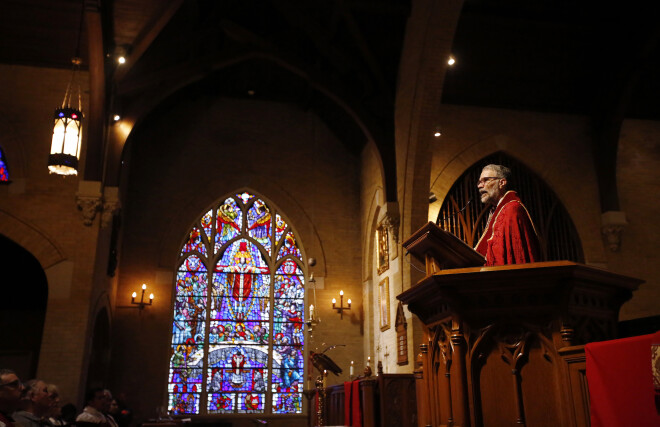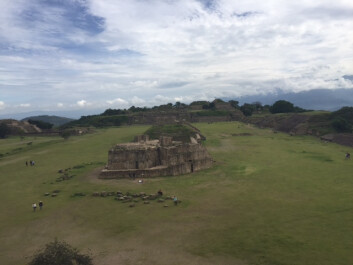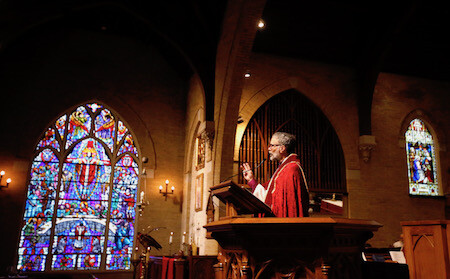Segundo Blog Oaxaqueño

La complicada religiosidad de ser humano
El Martes pasado visitamos el sitio arqueológico y famoso de Monte Alban. Es muy tranquillo y bonito con una magnifica vista de las villas de los alrededores. En el antiguo Reino Zapoteco construyeron edificios muy buenos. Su juego, sus plantas, su diseño combina el tiempo y las Estrellas como partes de un único sistema complejo y profundo de universo y vida.

De acuerdo a los antropólogos encontramos allí todos los elementos más importantes para encontramos con la divinidad: una montana que nos acerca a los dioses, juegos, los sacerdotes, los sacrificios. La gente buscaba entonces como ahora una puerta del cielo. Vemos así nuestra capacidad humana por transcendencia y misterio.
Pero encontramos también una dimensión terrible. Los enemigos eran torturados y morían en sacrificio. La acción de gracias para los dioses era !la sangre humana! Aquí vemos la doble dimensión nuestra en nuestros momentos de violencia e ira y también en nuestros deseos de conectarnos con la divinidad.
Eso lo conocemos en profundidad desde el pecado original. Ello describe el corazón de toda la gente con ambas partes el bien y el mal. Nosotros escogemos el bien en nuestro Redentor y Salvador.
Saludos
+GRS




